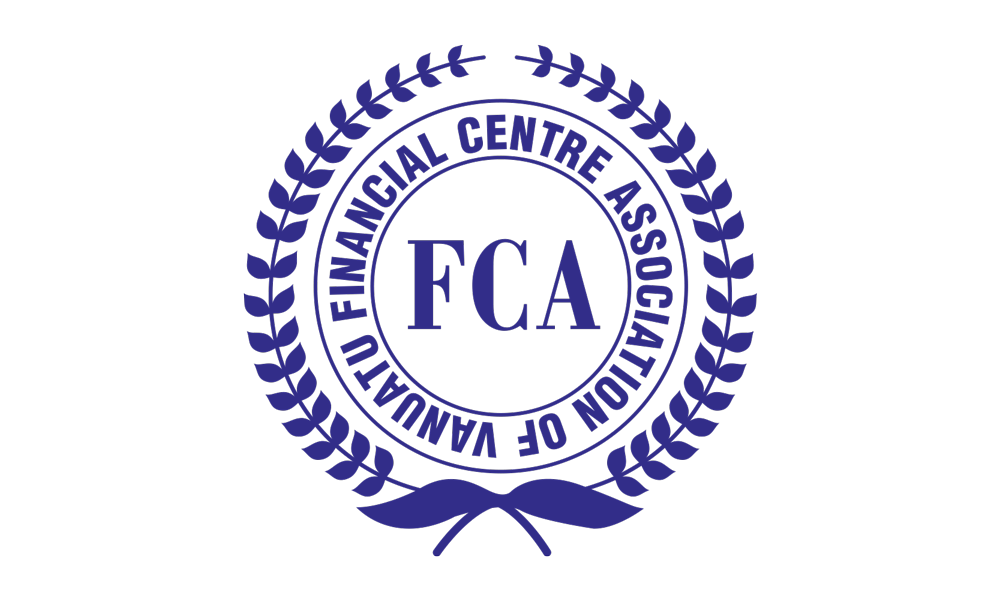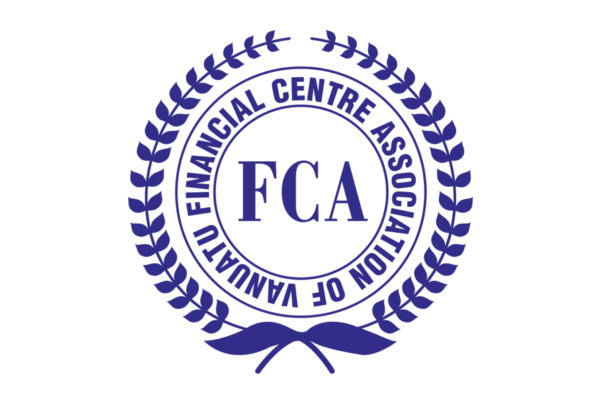Last week, the Financial Centre Association of Vanuatu (FCA) concluded its 27th General Assembly meeting, in which it outlined the financial industry’s contributions to the community in the past year and what lies ahead.
Twenty members of the association took part in the proceedings held at AJC Boardroom, Govant Building, where they reviewed a year that has been unusual for everyone, but a period that ultimately didn’t keep the association from working on important policy issues.
First, the FCA brought a new dimension to the debate surrounding the List of Reserved Occupations by sponsoring an extensive research paper.
This study puts forth a clear case that imported, skilled labor is highly desirable in Vanuatu and, further, describes how such labor can fill in both outstanding gaps in the local market and bring investment and expertise in the sectors the country needs to develop further including the financial industry. With meaningful data, the paper advanced the idea that skilled, foreign workers are not a threat but, rather, an opportunity for Vanuatu.
Another important contribution from the FCA has been the push for a Remote Worker Visa, which would allow ‘digital nomads’ from all around the world to set up their work spaces in Vanuatu to serve overseas clients, bring revenue to local businesses and leave a positive influence on the country’s next generation. Members were quick to highlight the crucial contributions in this matter from key stakeholders at the VCCI, the VFSC, the RBV, the VFIU as well as the Government.
Without their collaboration and hard work, the project would have never seen the light of day or become what is proudly now a gazetted regulation.
Embracing the knowledge economy
“This kind of progress has made the FCA a more integral player than ever, not only for our members but for the whole community,” said FCA chairman Martin St-Hilaire, now serving a 7th term at the helm of the organization. “But we’re just getting started. Vanuatu is in dire need of economic growth, not to mention increased public revenue, in order to develop the infrastructure that will propel it through the 21st century.”
The next year will bring an exciting slate of new projects: Reinforcing and strengthening ties between the financial industry, the government and the broader community; developing more tools and methodologies for transparency and knowledge-sharing; and bringing forth policy proposals for digital transformation, the diversification of the economy and the embrace of ‘knowledge industries.’
“While our association is made of individuals from very different professional paths, we share a common vision: building sustainable growth for Vanuatu through the development of a diversified tertiary sector,” St-Hilaire explained. “This stretches far beyond just finance to include technology, education, research, marketing, professional services, and other key knowledge industries of the 21st century.”
The General Assembly also featured the election of a new Executive Committee, composed of the following individuals:
- Laurie Harrison of Moores Rowland
- Mark Stafford of Barrett & Partners
- Mariana Lal of Wanfuteng Bank – Treasurer
- Gillian Attapattu of Pitco – Secretary
- James Hudson of Titan FX – Vice Chairman
- Martin St-Hilaire of AJC – Chairman



